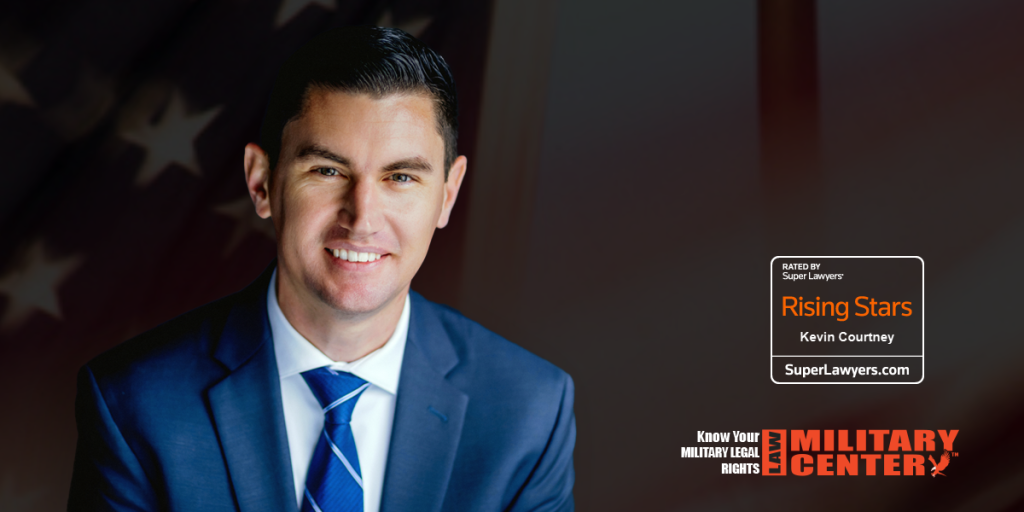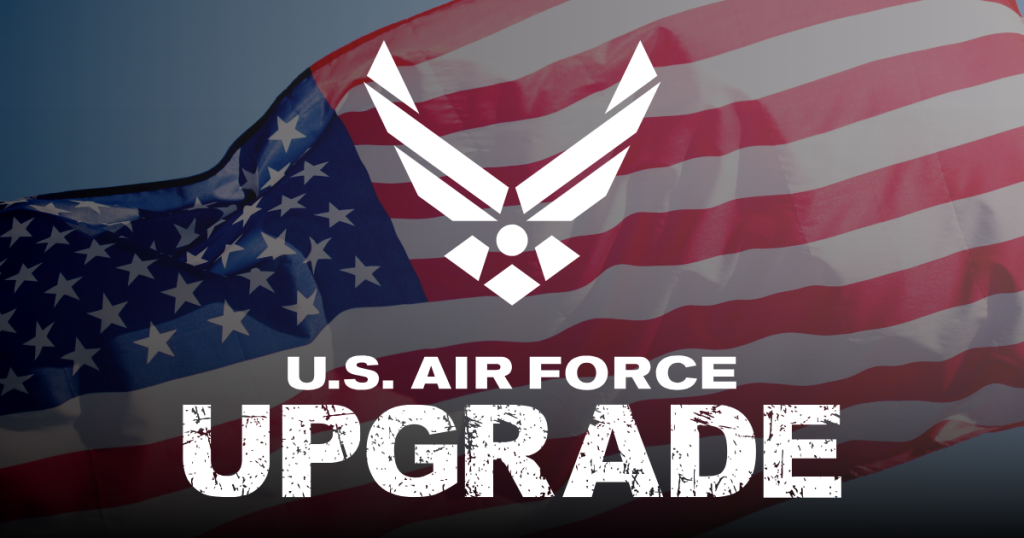What are the Types of Military Court Martial?
Court-Martial Overview
A Court-Martial is often a life-altering and career-affecting event. A Court-Martial has the potential to take away rank, pay and freedom, and depending on the type of court-martial even result with a Dishonorable or Bad Conduct Discharge. Servicemembers facing a Court-Martial should seek out the best and most experienced civilian military defense counsel they can find.
If you are accused and feeling alienated from your command choosing an experienced, seasoned civilian military attorney early on is mission-critical to obtaining the best possible outcome of your case. Unfortunately, an active duty detailed military defense attorney will not be detailed to represent you until charges have already been preferred against you – by then it is too late to receive the representation required to ensure your rights are protected during the investigative stage of the case. You have the option to consult with and hire an experienced and aggressive Civilian Military Attorney who will be completely focused on you and your case. Your future, your career, and your very freedom may hinge on you obtaining the best possible counsel for the best possible outcome.
Summary Courts-Martial (SCM)
Trial by Summary Court-Martial is generally used for minor offenses or to confront a minor incident of misconduct. A Summary Court-Martial is not considered a criminal trial and will not result in a any form of criminal conviction unless the service member is represented by a military attorney during the hearing. The Summary Court-Martial consists of one officer serving as a judge advocate (JAG). The maximum punishments are always less than those potentially imposed at a Special or a General Court-Martial, and the punishment depends on the grade of the accused. The accused has the absolute right to refuse a trial by Summary Court-Martial. Since a Summary Court-Martial is for minor offenses, the accused does not have the right to representation by a military attorney. The accused does have the right testify or remain silent; to cross-examine any witnesses; and to produce evidence. NOTE: It might be in the accused best interest to seek an attorneys’ advice or to get some coaching before the hearing.
—A Summary Court-Martial is often compared to an “Infraction” in the civilian legal system. An infraction can cost a person a monetary fine but never their freedom (jail time). In the military world, you cannot be dishonorably-discharged nor discharged with a bad conduct discharge, but you could be confined – but never to exceed 1 month; you could also be sentenced to hard labor without confinement (not to exceed 45 days); you could be restricted to specified limits for no more than 2 months; and you could be subjected to monetary forfeiture (but no more than two-thirds of 1 month’s pay).
Special Courts-Martial (SPCM)
A Special Court-Martial is the intermediate level Court-Martial between Summary and General. A Special Court-Martial consists of not less than three members. Most commonly, a Special Court-Martial will consist of a military judge, trial counsel (aka: “prosecutor”), defense counsel, and a minimum of three officers sitting as a panel of court members or the “jury.” An enlisted accused may request a court composed of at least one-third enlisted personnel. An accused enlisted or officer may also request trial by judge alone.
—A Special Court-Martial is often compared to a misdemeanor in the civilian legal system. In the civilian courts, misdemeanors can result in jail terms in county jails up to 365 days. Similarly, regardless of the offenses involved, a Special Court-Martial sentence is limited to no more than twelve months confinement or less, forfeiture of two-third’s basic pay per month for up to six months, and even a bad-conduct discharge (for enlisted personnel). An officer accused in a Special Court-Martial cannot be dismissed from the service nor confined. Unlike civilian criminal trials, only two-thirds of the members of a Court-Martial need to agree as to the guilt of the accused for the accused to be found guilty: otherwise, the accused must be acquitted. In other words, there is no such thing as a “hung jury” in a Court-Martial. A Special Court-Martial may impose any punishment authorized under R.C.M.1003 except death, dishonorable discharge, dismissal, confinement for more than 1 year, hard labor without confinement for more than 3 months, forfeiture of pay exceeding two-thirds pay per month, or any forfeiture of pay for more than 1 year.
General Courts-Martial (GCM)
A General Court-Martial is the highest trial level in military law and is used for the most serious of offenses. It is composed of a military judge sitting alone, or at least five members and a military judge. Unless the case is a capital case (a case in which the government is seeking the death penalty). In a General Court-Martial an enlisted accused may request a court composed of at least one-third enlisted personnel.
—A General Court-Martial is often compared to a Felony in the civilian legal system. In a General Court-Martial, the maximum punishment is established for each offense under the Manual for Courts-Martial, and may include death (for specific offenses), confinement, a dishonorable or bad-conduct discharge for enlisted personnel, or dismissal for officers.
An Article 32 Pretrial Investigation must be conducted before a case may be referred to a General Court-Martial unless the Article 32 investigation is waived by the accused. If convicted at General Court-Martial, the service member normally has an automatic right of appeal to his services’ Court of criminal appeals in Washington, DC.
Right to Civilian Counsel:
The accused in a General Court-Martial is entitled to an appointed military defense attorney. The accused also has the right to retain a private civilian military attorney of his or her choice, at the accused’s own expense. The accused can and often will elect to hire a private lawyer at the accused’s own expense, but it is important that the accused retain a private attorney who has the knowledge and experience in military law to adequately represent them.




